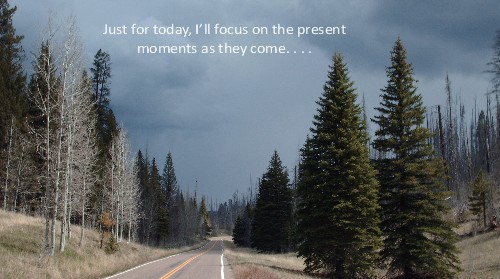

|
||||||||||||||||||||||||||||||||||||
| Yes, life
can be mysterious and confusing--but there's much of life that's
actually rather dependable and reliable. Some principles apply
to life in so many different contexts that they can truly be called
universal--and learning what they are and how to approach them and use
them can teach us some of the most important lessons that we've ever
learned. My doctorate is in Teaching and Learning. I use it a lot when I teach at school, but I also do my best to apply what I've learned to the life I'm living, and to observe how others live their lives. What makes them happy or unhappy, stressed or peaceful, selfish or generous, compassionate or arrogant? In this book, I've done my best to pass on to you what I've learned from people in my life, writers whose works I've read, and stories that I've heard. Perhaps these principles can be a positive part of your life, too! Universal Principles of Living Life Fully. Awareness of these principles can explain a lot and take much of the frustration out of the lives we lead. |
